Junji Ito’s Manga Sensor Has Made Me Paranoid About Any and All Loose Strands of Hair
5/5 angel hairs
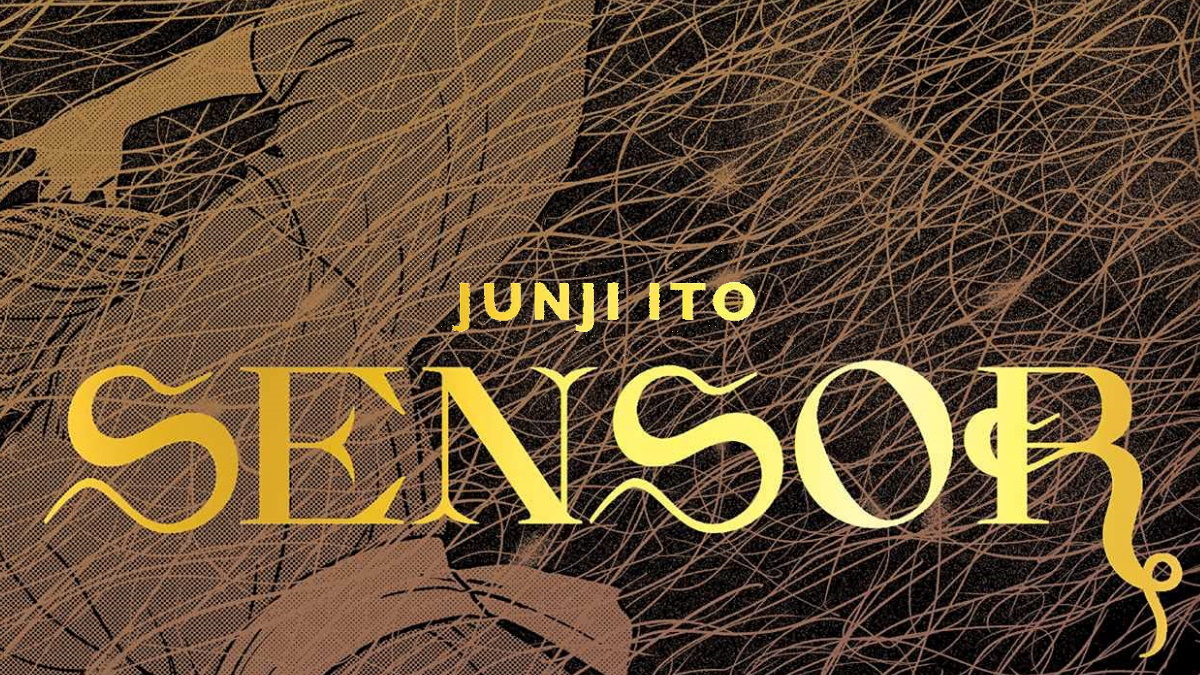

CW: Suicide
When you think about Japanese horror, especially when it comes to manga, the first name that usually comes to mind is Junji Ito.
There’s definitely a reason for that.
Junji Ito is good at making things you normally wouldn’t be afraid of frightening thanks to a combination of slow-burn horror and meticulously detailed art that can (and will) make you scream when you turn the page.
While I am no stranger to his work, I am a stranger to actually sitting and reading it. I’ve only really done that one other time because, as I’ve said a billion times over, I scare easily, and something about turning the page into the horror hits differently than watching it on screen or playing it.
However, I now own a copy of Sensor, which is receiving a whole lot of praise for being one of Ito’s best works. While I can’t compare it to some of his best-known works, I can say that I legitimately had moments where I had to set the book down and take a moment to breathe.
Synopsis
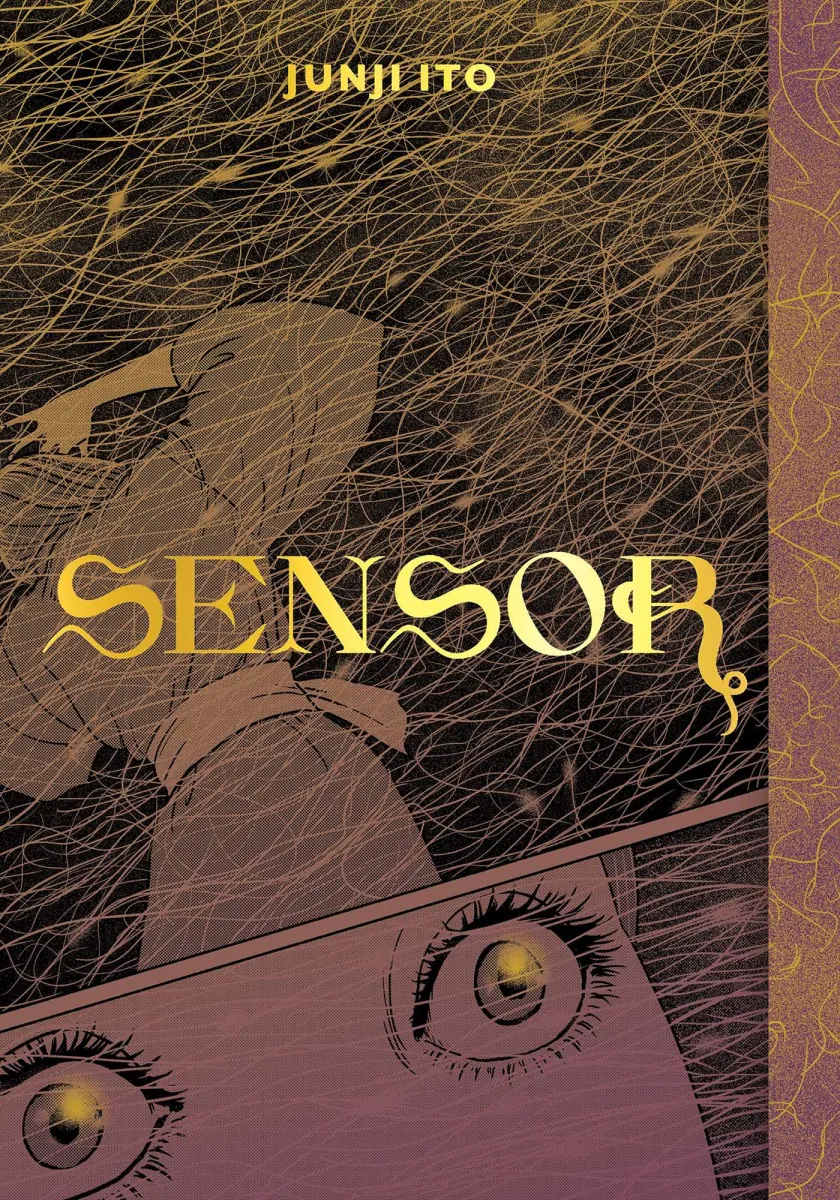
A woman walks alone at the foot of Mount Sengoku. A man appears, saying he’s been waiting for her and invites her to a nearby village. Surprisingly, the village is covered in hairlike volcanic glass fibers, and all of it shines a bright gold. At night, when the villagers perform their custom of gazing up at the starry sky, countless unidentified flying objects come raining down on them—the opening act for the terror about to occur!
Why this manga will make you sweep up any lingering hairs
So you just found out that lava from an erupting volcano can take on the appearance of hair when cooled down. You can do one of two things with that information. You can, 1) chalk it up as a cool, natural occurrence, or 2) write a whole ass manga with a religious cult trying to find the answers to the universe, treating the hair as a sign from God, finding out it’s a sign from something, and have your characters slowly go insane from their obsession with this woman who now possesses the hair, leading to extremely vivid death scenes that’ll make readers reexamine their own hair before they contemplate shaving it all off.
Three guesses at which one Junji Ito picked.
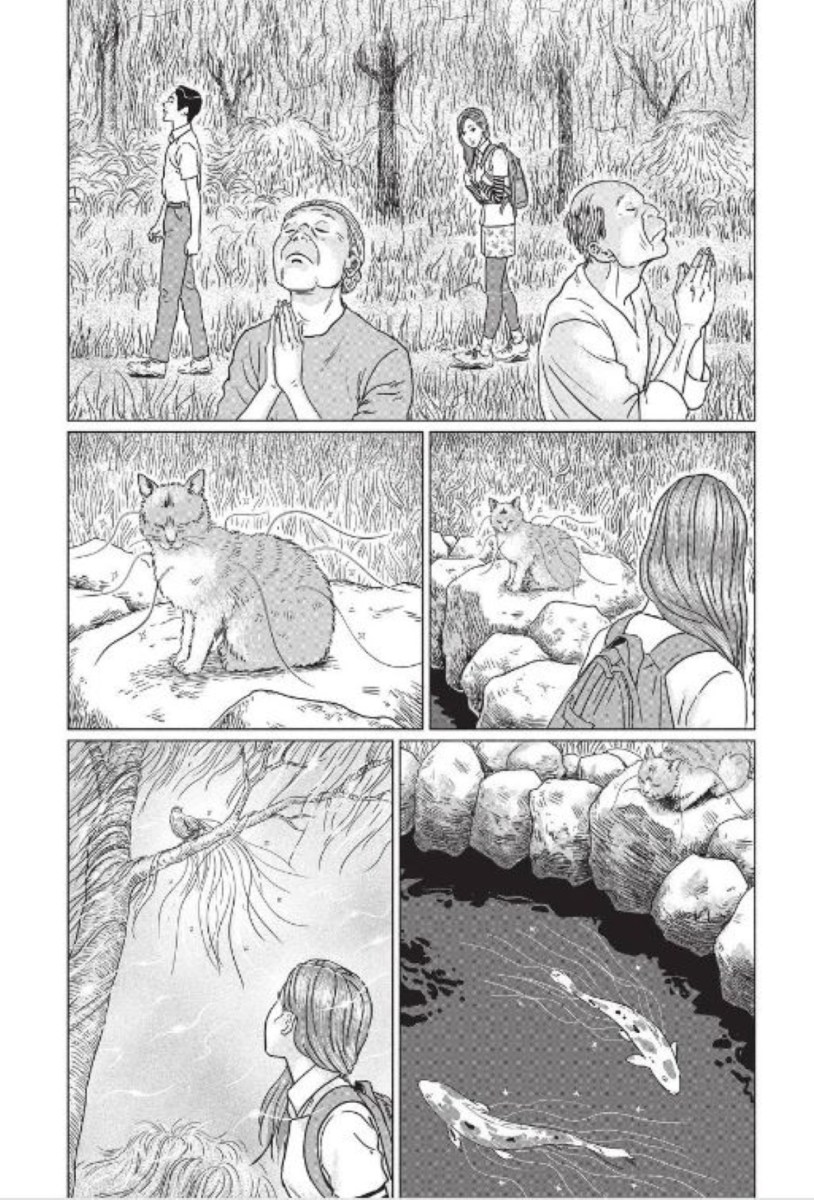
Junji Ito does this thing where everything is leading up to one big visual scare, and in Sensor, that visual scare is in every single chapter. What’s interesting is that the scares all link back to each other, the stakes are just constantly being raised throughout the story. While the scares repeat due to the effects of the hair I keep referencing, they get worse as the characters gather more details about what’s going on.
The imagery matches the truth they discover, leading me to believe that, you know, maybe finding out why life exists isn’t all it’s cracked up to be.
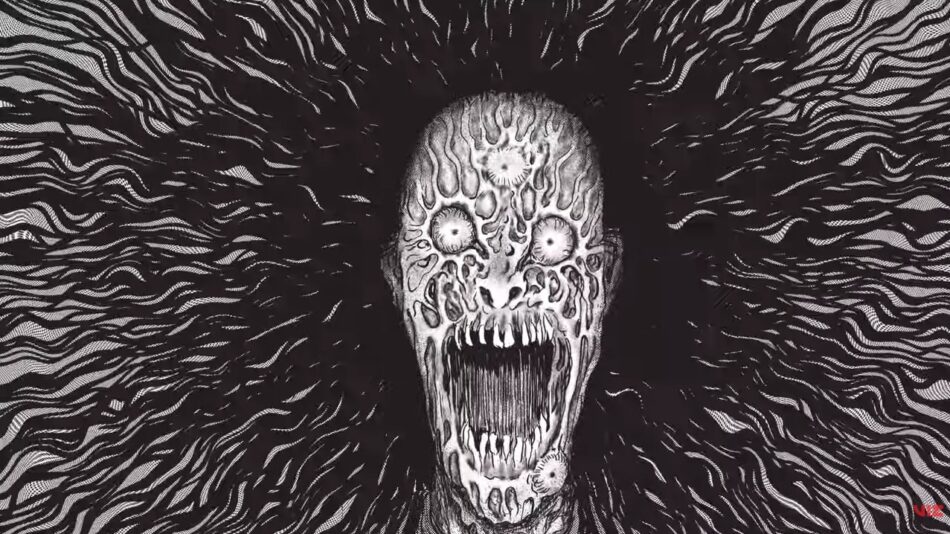
What’s truly frightening about Sensor is that you never have a moment away from this hair-raising premise, and when you think you do, you find out that there’s another strand that connects to the overall plot of “something’s terribly wrong with this village and its people.” It kinda reads like an anthology series, but eventually, all of the characters you come across connect to one another.
For example, there’s a story about “suicide bugs” in a village with high suicide rates. In the village, the bugs purposely scamper under your foot as if they want to be killed. This chapter feels like it has nothing to do with the overall plot, but not only do two major characters from the “please stop seeking answers from hair” story wander into this disturbing bug-infested village, the characters they meet in that village come back later.
It’s a brilliant way to craft this story together. Every little detail matters from beginning to end.
And like a lot of good Japanese horror, you don’t really get the answers to any of the questions that are raised. You can, of course, draw your own conclusions, but at the end of it all, I was left with a greater understanding of why horror manga fans love Ito so much and why some things you encounter, like “angel hair”, is best left untouched.
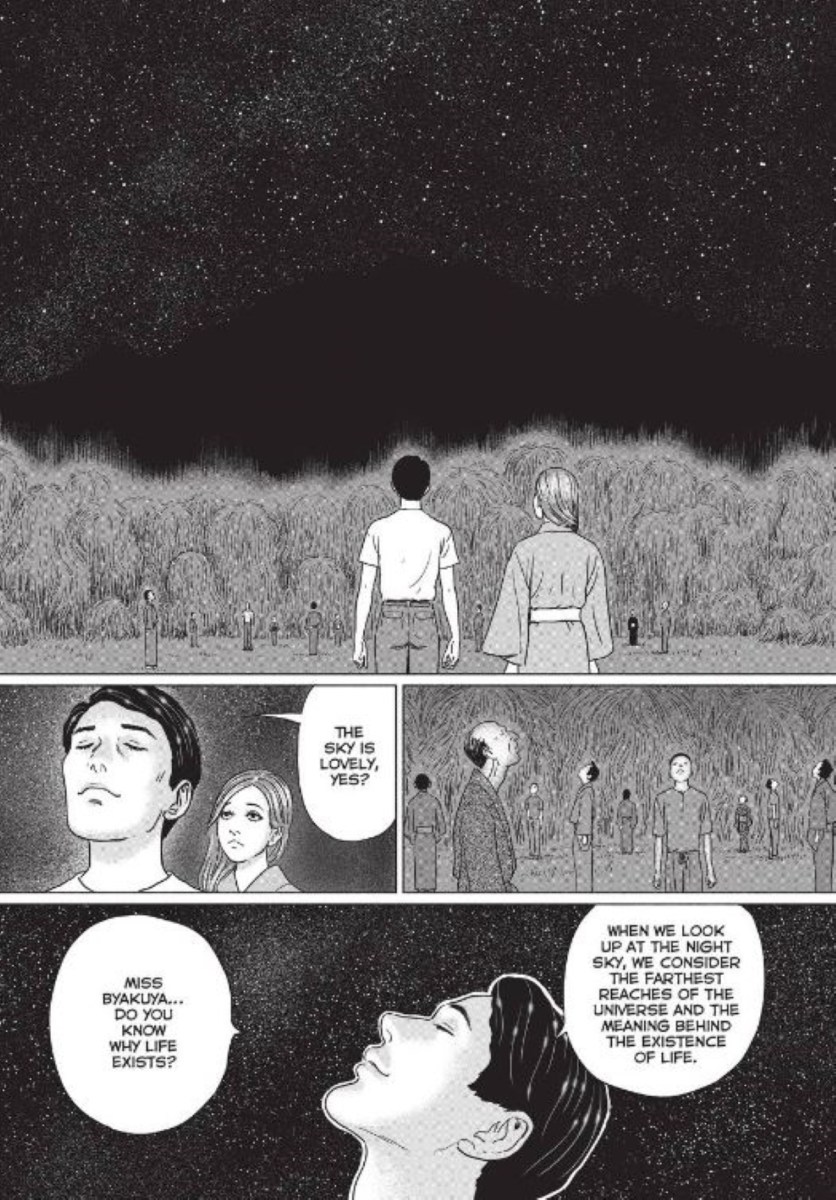
Why does life exist?
Gosh, you know what? I don’t care.
You can check out a free preview to Sensor over at VIZ today!
(Image: JI Inc./Asahi Shimbun Publications Inc.)
Want more stories like this? Become a subscriber and support the site!
—The Mary Sue has a strict comment policy that forbids, but is not limited to, personal insults toward anyone, hate speech, and trolling.—
Have a tip we should know? [email protected]
